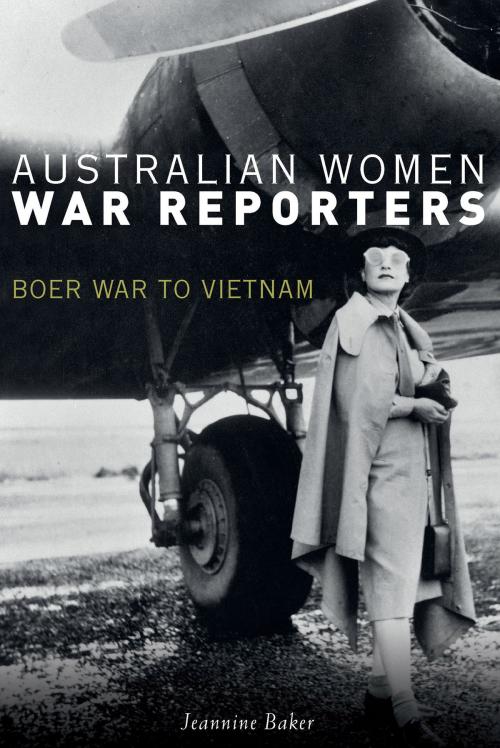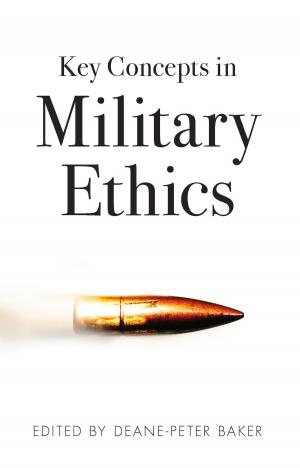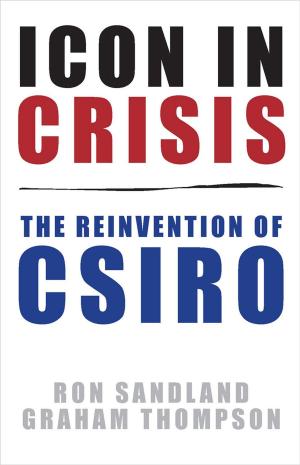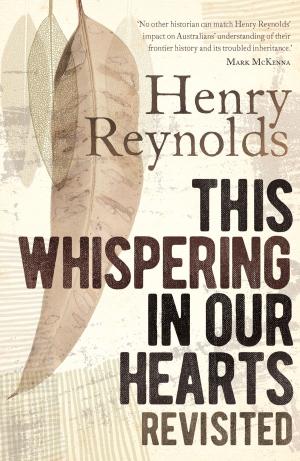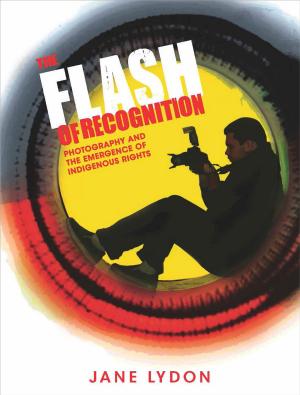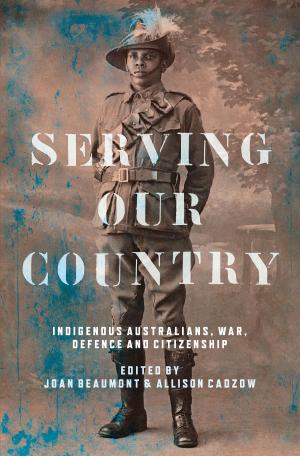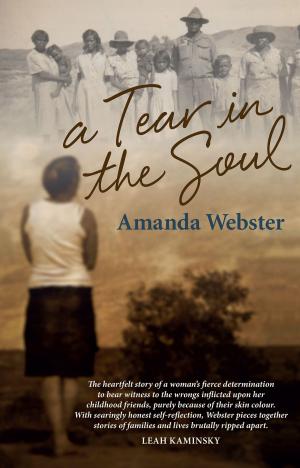Australian Women War Reporters
Boer War to Vietnam
Nonfiction, History, Australia & Oceania, Biography & Memoir| Author: | Jeannine Baker | ISBN: | 9781742242156 |
| Publisher: | University of New South Wales Press | Publication: | October 1, 2015 |
| Imprint: | University of New South Wales Press | Language: | English |
| Author: | Jeannine Baker |
| ISBN: | 9781742242156 |
| Publisher: | University of New South Wales Press |
| Publication: | October 1, 2015 |
| Imprint: | University of New South Wales Press |
| Language: | English |
The common picture of the war correspondent is a heroic, male reporter on the frontline, but women reporters have been more numerous and significant than we ever knew. Against the vehement opposition of newspaper editors, their male colleagues and military hierarchies, twentieth-century women journalists grew increasingly determined to report war from conflict zones and have their stories printed beyond the women’s pages of the newspapers. In Australian Women War Reporters, Jeannine Baker provides a much-needed account of the pioneering women who reported from the biggest conflicts of the twentieth century. Two women defied the orders of Lord Kitchener to cover the fighting on the Western Front and others such as Agnes Macready, Anne Matheson and Lorraine Stumm witnessed and wrote about momentous events including the South African War at the turn of the century, the rise of Nazism, the liberation of the concentration camps, the return of Australian POWs, the aftermath of the atomic bombing of Hiroshima and the beginnings of the Vietnam War. These women carved a path for new generations of women war correspondents who have built upon their legacy. Jeannine Baker deftly draws out the links between the experiences of these women and the contemporary realities faced by women journalists of war, allowing us to see both in a new light.
The common picture of the war correspondent is a heroic, male reporter on the frontline, but women reporters have been more numerous and significant than we ever knew. Against the vehement opposition of newspaper editors, their male colleagues and military hierarchies, twentieth-century women journalists grew increasingly determined to report war from conflict zones and have their stories printed beyond the women’s pages of the newspapers. In Australian Women War Reporters, Jeannine Baker provides a much-needed account of the pioneering women who reported from the biggest conflicts of the twentieth century. Two women defied the orders of Lord Kitchener to cover the fighting on the Western Front and others such as Agnes Macready, Anne Matheson and Lorraine Stumm witnessed and wrote about momentous events including the South African War at the turn of the century, the rise of Nazism, the liberation of the concentration camps, the return of Australian POWs, the aftermath of the atomic bombing of Hiroshima and the beginnings of the Vietnam War. These women carved a path for new generations of women war correspondents who have built upon their legacy. Jeannine Baker deftly draws out the links between the experiences of these women and the contemporary realities faced by women journalists of war, allowing us to see both in a new light.
